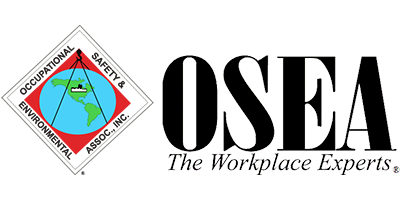Traveling During COVID-19
Wednesday, July 8, 2020 Ariana Naumovski
The COVID-19 global pandemic has turned our modern world upside down changing how we do everyday tasks like going to work and grocery shopping. So, it’s not a surprise that it has changed travel, whether national or international. But with state and local governments starting to open back up, we can safely expect tourism and travel to pick back up as well. Traveling during a pandemic can be stressful but you can take measures to reduce your risks of exposure to Coronavirus.
Start out by checking with your destination country to see if there are any travel bans and restrictions. Some countries have closed their borders and are not letting any visitors in. If your destination country is allowing visitors, then check with your airline to see if your flight is still scheduled. Many airlines have canceled flights all together or consolidated with other flight plans because of the decrease in passengers. Don’t forget to check with your hotel or place of stay to see if they are, or will be, open and operating.
Currently, the Center for Disease Control and Prevention (CDC) recommends that everyone cancel travel plans as air travel can significantly increase your risks of being exposed and contracting Coronavirus. Being in airports and on crowded planes brings you in close contact with others for long periods of time. It is best to delay all non-essential travel; both national and international.
Many airports are questioning and screening travelers for their temperature and symptoms prior to their flights. Airlines will turn away travelers with temperatures higher than 100.4 degrees Fahrenheit or those that show signs or symptoms of illness, so stay home and do not travel if you feel sick! You do not want to jeopardize and potentially infect a large number of people. Not only that, but some countries and healthcare systems are overwhelmed and may not be able to provide you with adequate care if you get sick during your trip.
If your travel is essential, common exposure control practices still apply, so don’t forget to:
- Frequently wash your hands
- Avoid touching your face
- Maintain a 6-foot distance from others
- Wear a face mask
If you return from your travels and feel sick, stay home! Contact your doctor and inform him/her of your symptoms. Your doctor should advise you on what steps to take. Be sure to continuously monitor your symptoms for 14 days.
Traveling for leisure during this period is not essential travel. Chances are, you’ll be quite disappointed with your vacation since many places are closed or have strict restrictions; restaurants, hotels, museums, and more. You’re also significantly increasing your risk of exposure to Coronavirus.
Postponing your trip will definitely be in your favor. Rebook to go during a safe time where you can fully enjoy yourself and your destination. Until then, stay healthy and safe travels!




